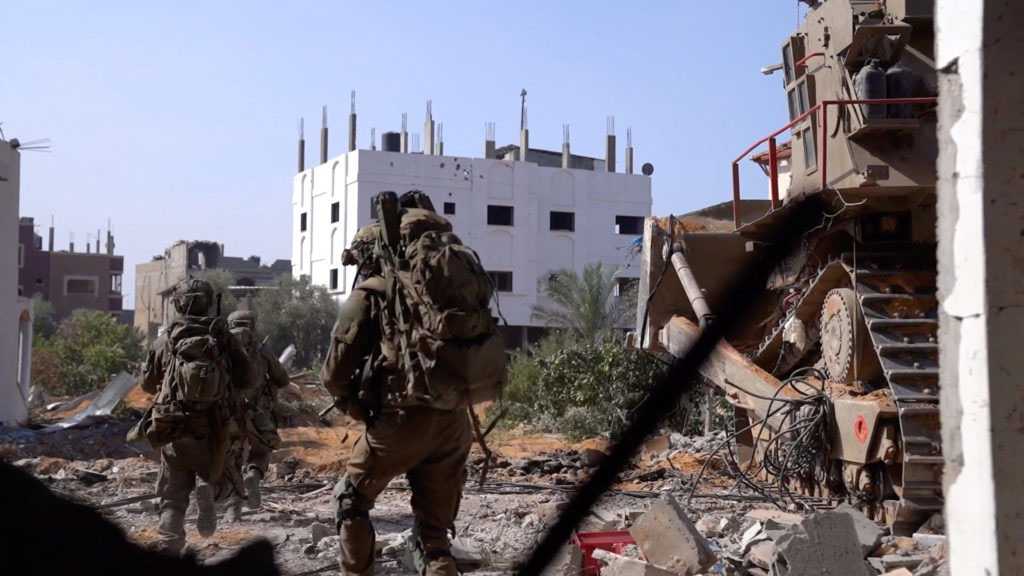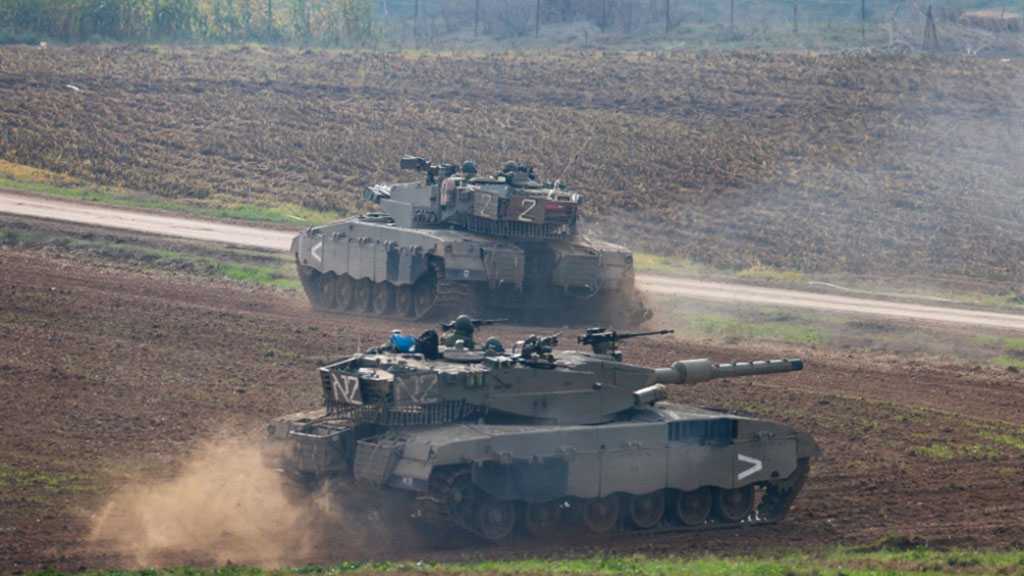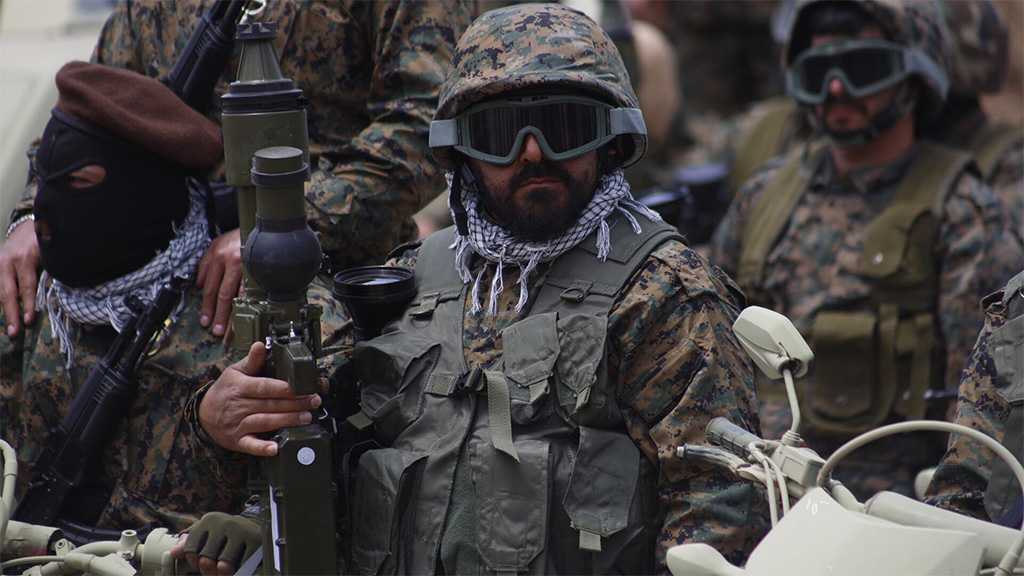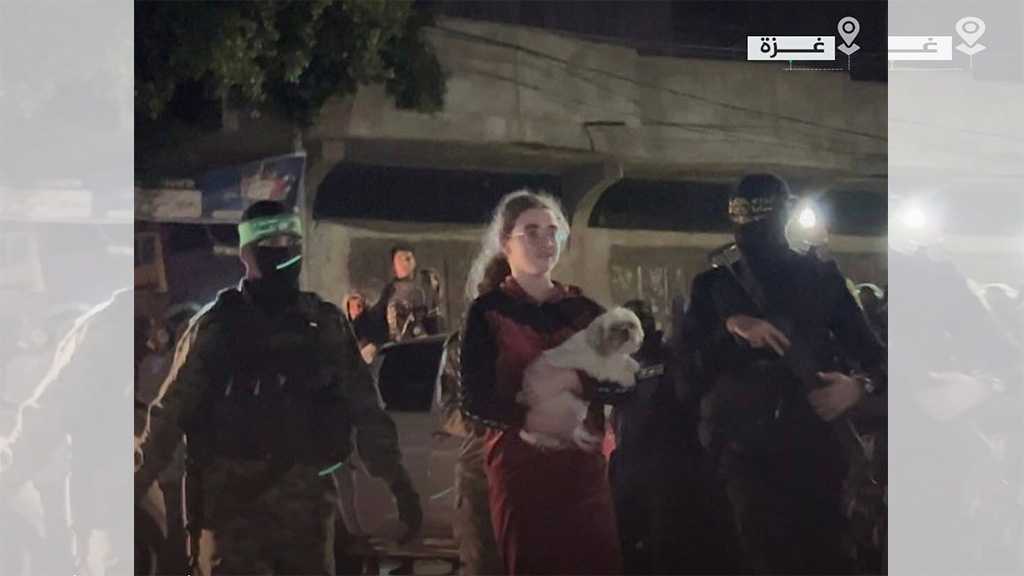
Saudi Diplomacy in Several Types of Rhetoric: Confusion or Strategy?
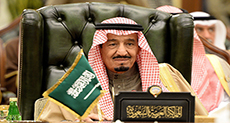
Hamzah al-Khansa
While the remaining militants in Zabadani live their last remaining moments in that part of the Syria's geography, meetings between representatives of regional and international states concerned with the Syrian issue are seeing a large amount of suggestions, objections, and consensus points, reflecting the vitality of efforts underway in this file in recent times.
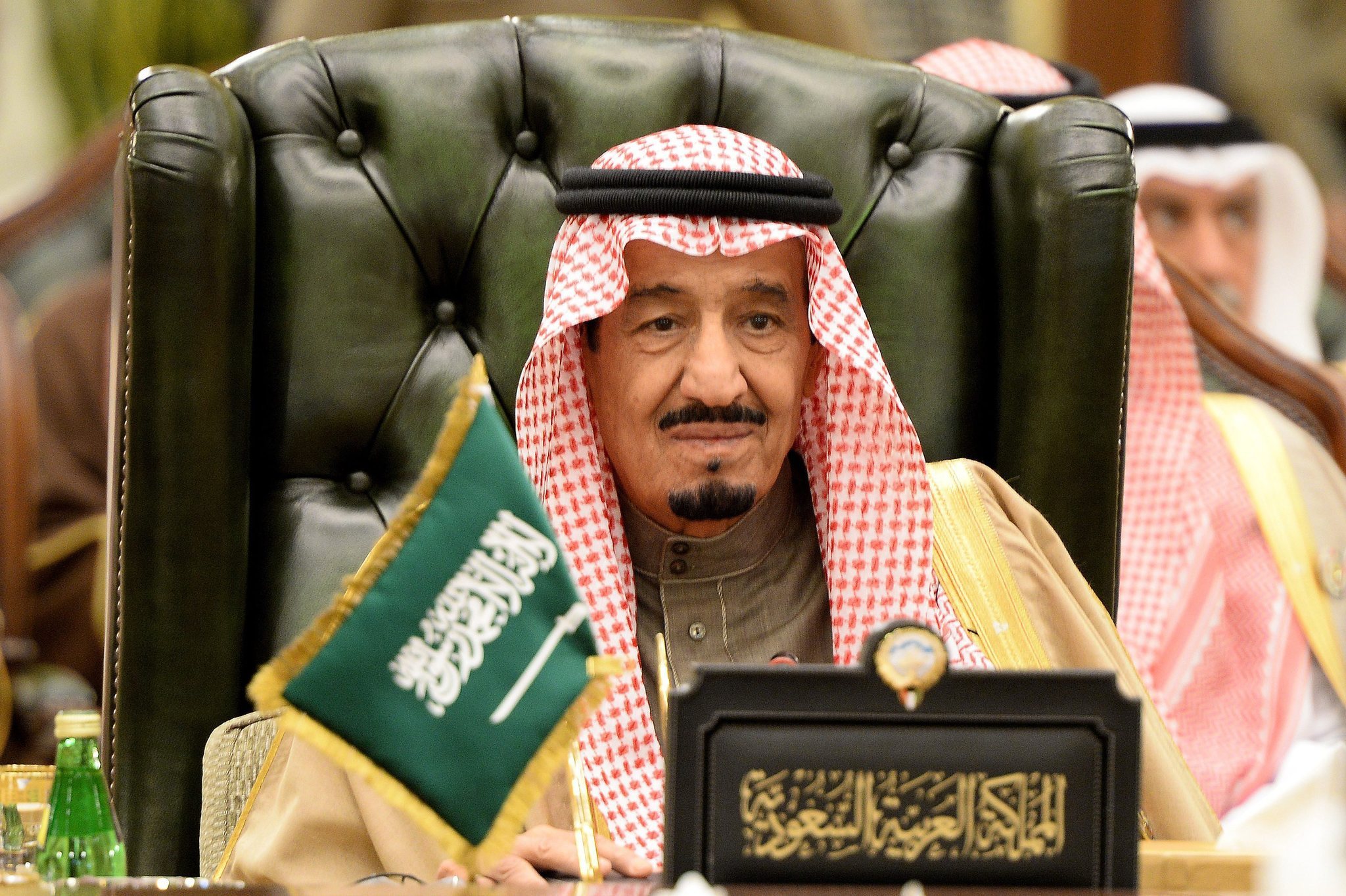
In general, the states that have met have reached a decision: Syrian President Bashar al-Assad will remain, and resolving the Syrian crisis requires a political solution. However, this excludes Saudi Arabia, whose foreign minister still comes out with contradictory stances, reflecting the confusion that prevails in the hallways of the ruling family, which now take decisions based on the Yemeni approach...which is shaky in any case.
The hard-line stance announced by Saudi Foreign Minister Adel al-Jubeir in Moscow, contradicted the stances that he pledged during discussions in Doha, Qatar, with his US counterpart John Kerry, and Russian counterpart Sergei Lavrov. In Doha, Al-Jubeir announced his country's commitment to the US-Russian outlook for a solution in Syria. The basis of this outlook is to refrain from touching on the future of President al-Assad during talks about a solution to the Syrian crisis. Basically, this outlook is based on the need to commit to a political solution, and to distance any statement or even hint regarding military force for overthrowing the head of the Syrian state.
Assad will remain, heading a "mixed government" that fights terrorism
Within this context, diplomatic sources privy to the maneuvering taking place over the Syrian crisis, has told al-Ahed News website that the impression formed by all those working on the Syrian issue is that Saudi diplomacy is employing two contradictory sets of rhetoric when expressing the official Saudi position regarding proposed solutions for the Syrian crisis. Riyadh uses one type of rhetoric meant for the media, that is directed towards its allies and popular base, characterised by hostility and enmity towards Syria and its president, and adopts another type of rhetoric in enclosed political saloons far from the media, characterised by flexibility, and takes into account the "interim ceiling" set recently by Washington with regards to dealing with the Syrian file.
The American ceiling is based on the need for a political solution, and the fact that President Al-Assad will remain, at the head of a government that brings together loyalists and the opposition. This will provide them with powers that enable them to manage the crisis in the country, and place on the list of priorities the fight against the terrorism of "Daesh", and other organizations that would be excluded from a settlement, according to the same sources. The sources add: Kerry has proposed that this American solution be preceded by the holding of a conference in Geneva regarding Syria, under the auspices of the United Nations, from which steps for a solution gradually emerge, beginning with a mixed government that would later become a transitional one.
According to the same sources, the backtracking of Washington from its demand for Assad to leave, and making this backtrack the ceiling for the diplomatic maneuvering of its allies, was caused by fear of the expansion of terrorist organizations which its allies had a prominent role in establishing and supporting. The sources also say that the active role of the Syrian army in the fight against Daesh, and the failure to guarantee that any elections that take place in Syria at this stage could bring in a personality to the presidency in Damascus other than Assad, were major causes for the US to abandon the demand for Assad to depart.
During the Doha meeting, Jubeir announced his country's commitment to this ceiling, and said that Saudi Arabia was willing to discuss Assad being a part of the beginning of a political solution in Syria, yet it is requesting that Assad not be a part of the final picture of the "Syria after the revolution." Here, Kerry promised Jubeir that he will make good with that request!
The proposal of such a solution was made by the US, and not Russia as is being publicised in the media. Kerry carried this proposal with him from Washington to Doha. Moscow put Tehran in the loop regarding the proposal. Of course, Iran and Russia both renewed their rejection for any dictates to be imposed from the outside on the Syrian people, and refused that the fate of President Bashar al-Assad be a pre-condition for any solution. This joint rejection seemed like a double response to Jubeir's bypassing of the pre-determined ceiling.
The sources say: the meeting in Riyadh between the Chairman of the National Security Bureau, Syrian General Ali Mamlouk, and Deputy Crown Prince Mohammed bin Salman, with Russian mediation, was the product of a commitment by the Saudi leadership to the ceiling that Assad will remain. The sources also reveal a second forthcoming meeting, that will be held in Moscow this time, pending the occurrence of any adverse developments that could topple the basis of the meeting.
These successive developments related to the Syrian issue, the doors of which were opened by the world powers-Iranian agreement, did not come in isolation from similar developments in the past. The sources spoke of an Egyptian-Emirati initiative that was announced a few months before the agreement over Iran's nuclear program, but which was nevertheless affected by the growing consensus over Iran's nuclear program. These efforts resulted in an Iranian-Egyptian meeting in Abu Dhabi under the auspices of Sheikh Mohammed bin Zayed Al Nahyan.
The same sources say that during this meeting, discussions occurred over the possibility of the convening of an emergency meeting of Arab League states at the summit meeting level, that would join President Assad with kings, presidents, and Arab princes. The idea of this meeting is for it to be a direct recognition by the Arab League of the legitimacy of Assad. A few days after the Abu Dhabi meeting, Secretary-General of the Arab League Nabil el-Arabi came out with his famous remarks in which he declared that the League should reconsider its position towards Syria. The sources confirm that the Saudi leadership was privy to the Emirati-Egyptian initiative of the Abu Dhabi meeting, as well as the Iranian-Egyptian meeting, and even Nabil al-Arabi's statement before it was disclosed.
Accordingly, the well informed sources confirm that the remaining of Assad, and his being a key part of the upcoming political solution to the crisis, are facts that have now been taken for granted by all regional and international parties. The sources add that the escalation in the battlefield will grow during the stages that precede the announcement of the key steps within the context of the solution, and that many fiery statements and smoke bombs will be fired from various directions, before everyone settles for the fact that there is no war on terror without Assad.
Source: al-Ahed News, Translated and Edited by website team
